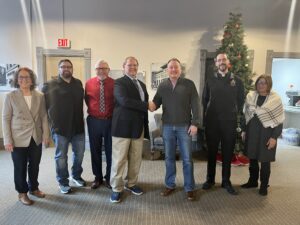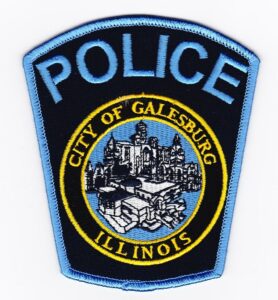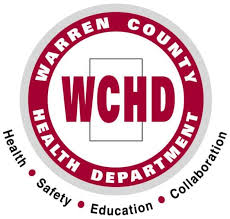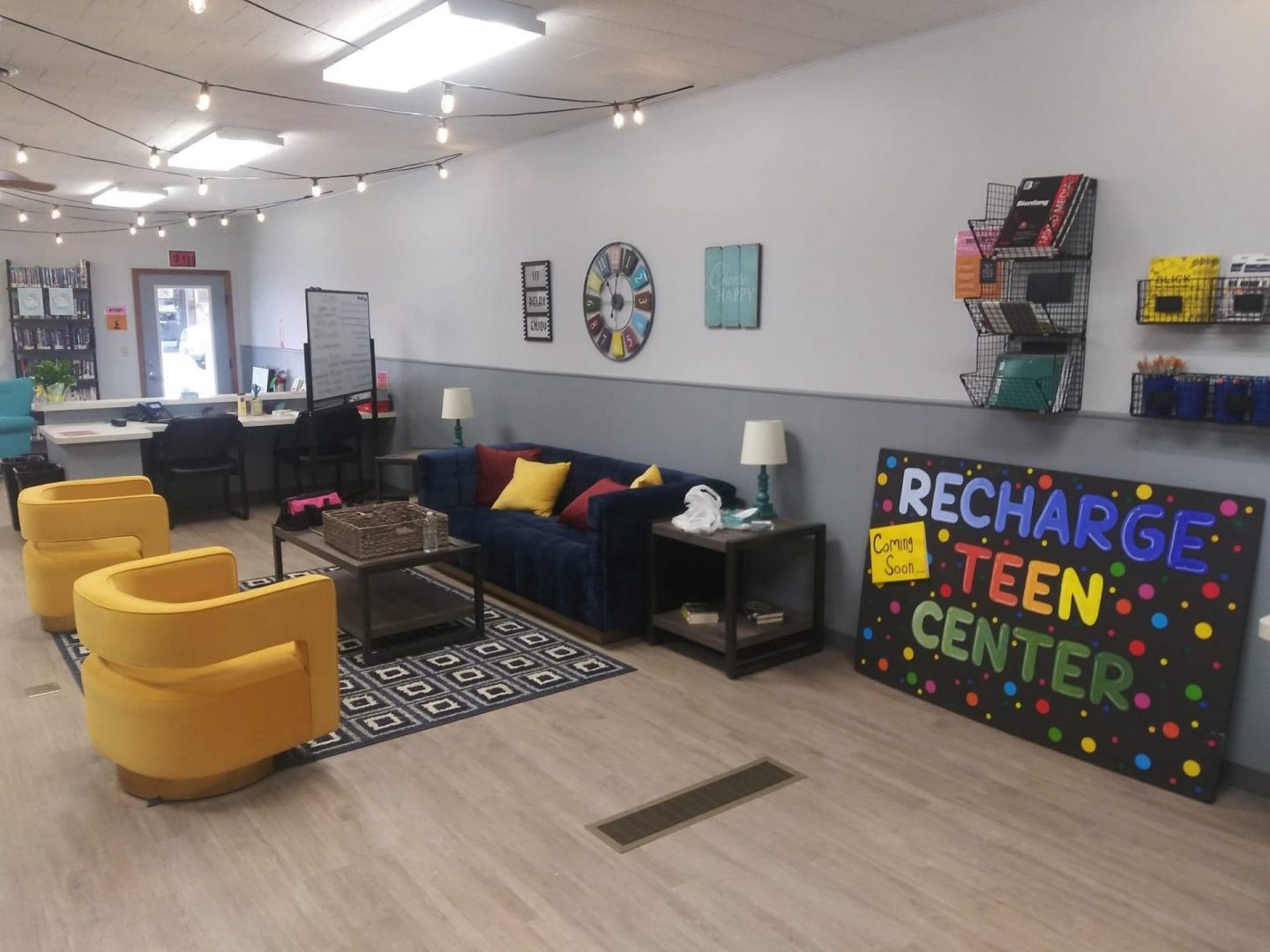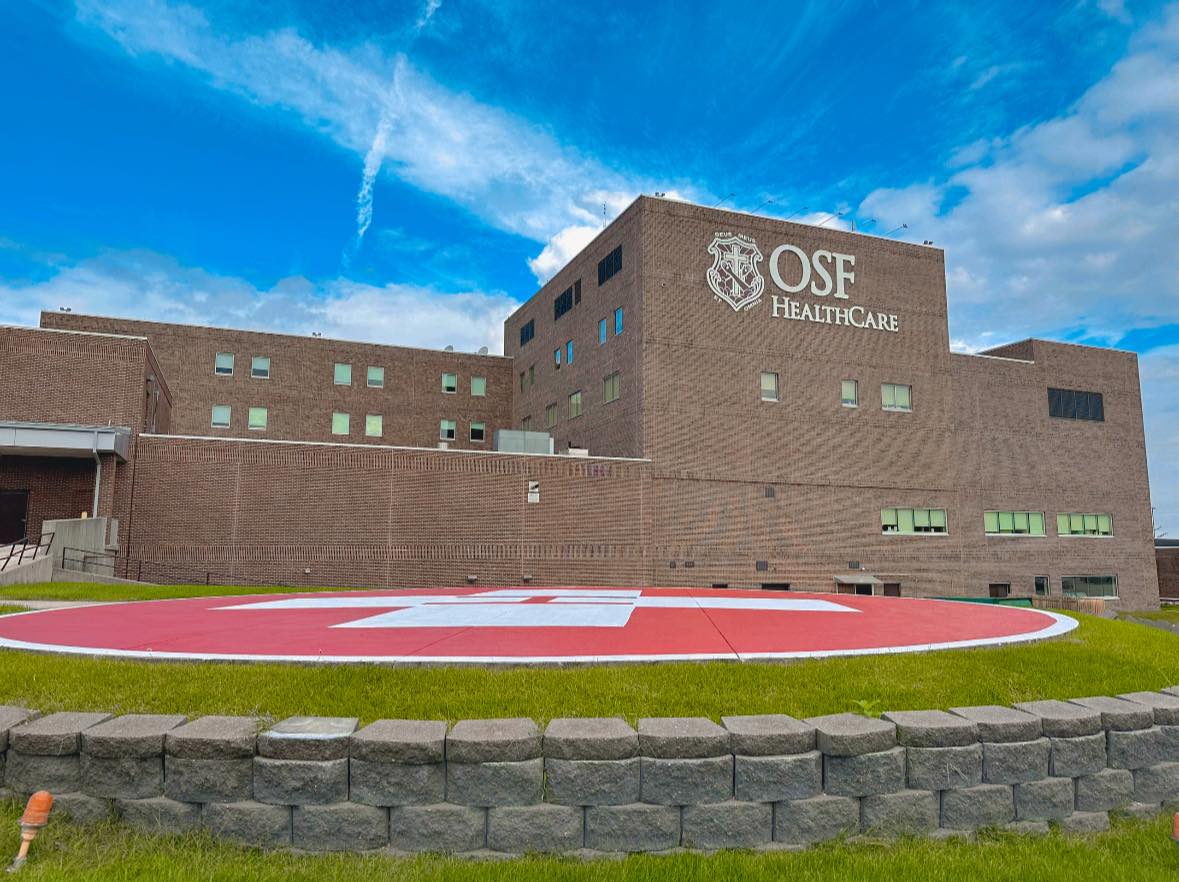The Illinois State Police is asking for a few tweaks in state law to help reduce the backlog of FOID and concealed carry cards to be processed. There’s been a 167% increase in FOID card application over the past few year, overwhelming an already antiquated system says State Police Director Brendan Kelly. He’s looking for some common sense changes that will make the system more streamlined for the state, and the public.
“For example, consolidating FOID card with CCL card to a single card. You have a driver’s license and if you are a commercial driver, you have a CDL that allows you to drive a car and allows you to drive a big rig. You don’t need a separate card for that. Those things should be integrated into one single card.”
Kelly says they would also like to get the renewal process in sync, so that when you renew a concealed carry license, you’re also automatically renewing your FOID card. And he thinks the cards should be electronic, removing the need for a paper license.
***Report Courtesy of the Illinois Department of Central Management Services***


